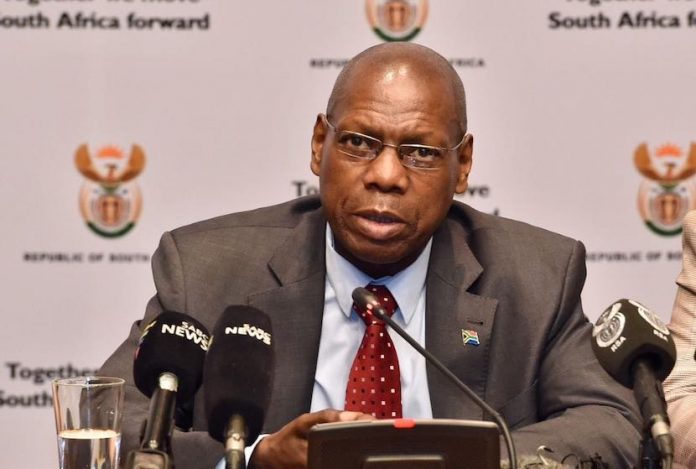“Our aspirations for the Africa we want” is, Ladies and Gentlemen, the agenda 2063 of our African Union, a mantra which expresses the hopes of achieving a common desire for prosperity and human dignity, the will to a continent of free citizens whose potential is fully exploited, free from fear, hunger and disease.
Disease, a scourge to which far too many of your citizens succumb because of lack of access to basic care in quality medical facilities. In the absence of sufficient financial means, the outlook for care remains bleak.
Until when? It is estimated that in sub-Saharan Africa, only around 10% of the working population is covered by a social security scheme. This inaccessibility of the medical system reveals governance problems.
This inefficiency leads people who can to emigrate and threatens a right enjoyed by each individual: that of living at home. What are the solutions available to the majority of the population who cannot, like its leaders, go to the best foreign hospitals for treatment?
Although the continent has been relatively spared so far, the coronavirus pandemic has highlighted the health crisis facing African states. If affected, does Africa have sufficient resources to cope with an epidemic of this magnitude?
The many flaws are revealed in such a context and demonstrate that basic health needs have been largely neglected. The current crisis calls into question the health models of the various states, but above all it raises the more general question of the trust placed in African leaders and the governments of which you are a part.
The current pandemic, as well as the epidemics of the past, are alerts that should encourage health to be put back at the heart of concerns. So Africa must be ready to respond. The continent must prepare to adopt new paradigms in order to fight against this pandemic or any other, and to continue promoting development.
The right to health presupposes access to a system which guarantees the possibility of enjoying the highest attainable standard of health. Depending on their implementation, state policies can promote these rights or make them non-existent. To ensure that this right is respected, it would be advisable for hospital infrastructures to be developed and for adequate regulations to be adopted in terms of the supply of medicines.
Therefore, states should implement national and international commitments that they themselves have issued and recognized, including the Abuja Declaration requiring states to devote fifteen percent of their national budgets to the health sector. More than that, a rigorous control of budget management should be established. Indeed, too many funds mobilized in the health sector seem not to reach their final destination. For greater transparency, states could in particular rely on blockchain technology.
As members of the African diaspora, realizing the privilege of living in a more favorable health environment, we do not want to be satisfied and want the right to health to be accessible to all populations of the continent.
We can only realize the Africa we want by drawing the consequences of this pandemic. Let’s stop suffering and be emotional: let’s take action in order to build an Africa of well-being, the Africa of the future. We invite you to be the change.

